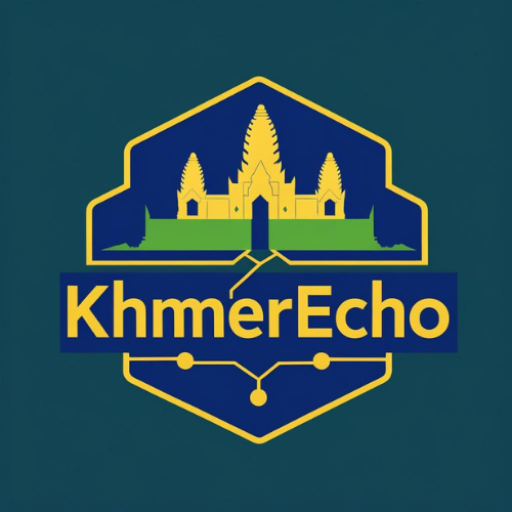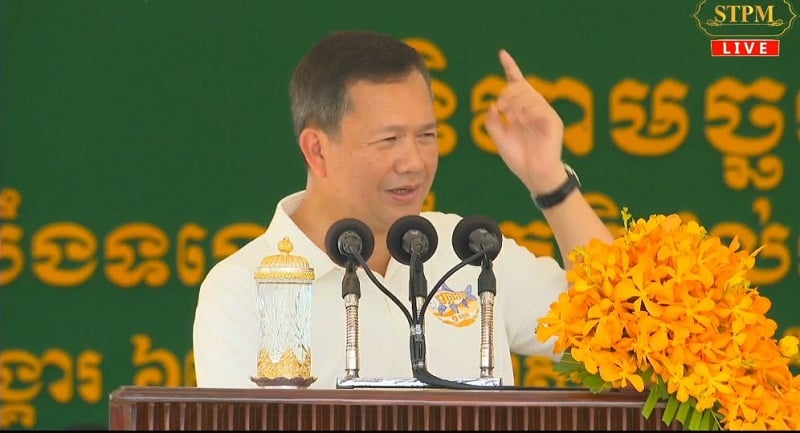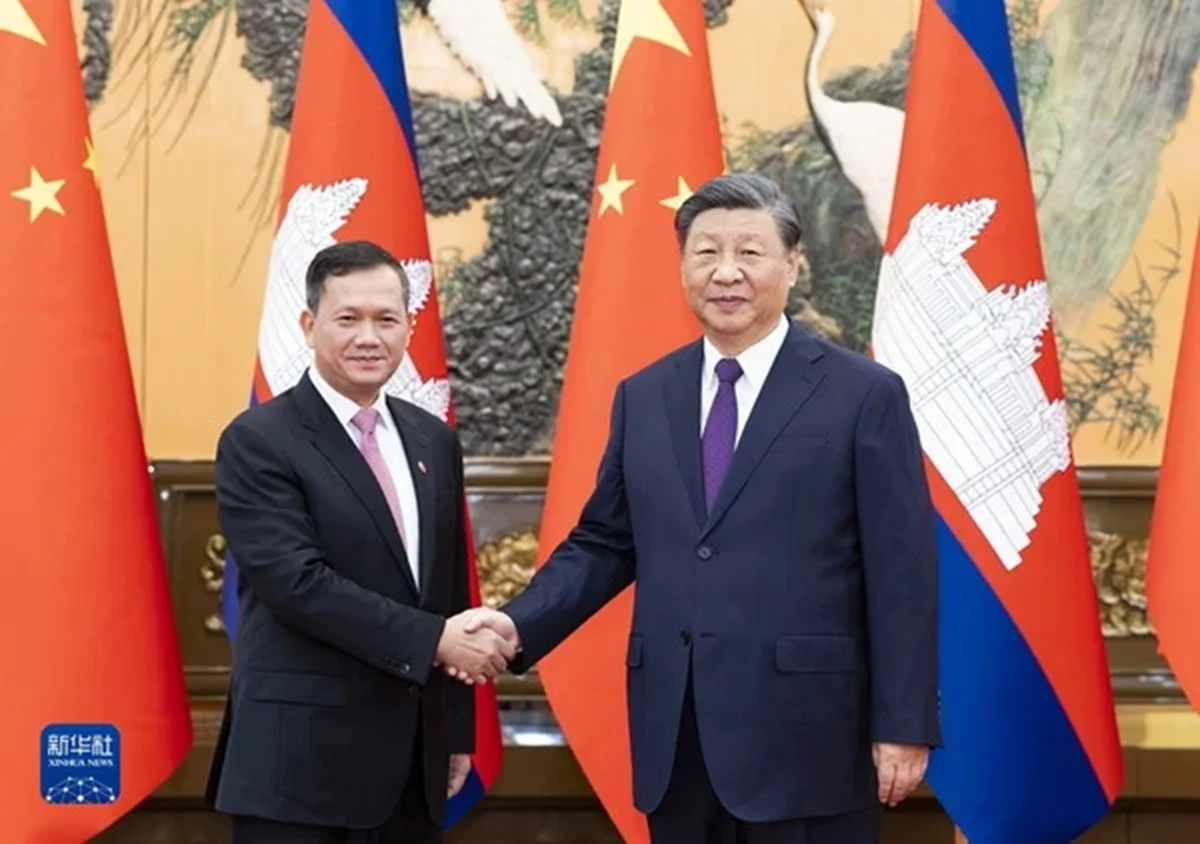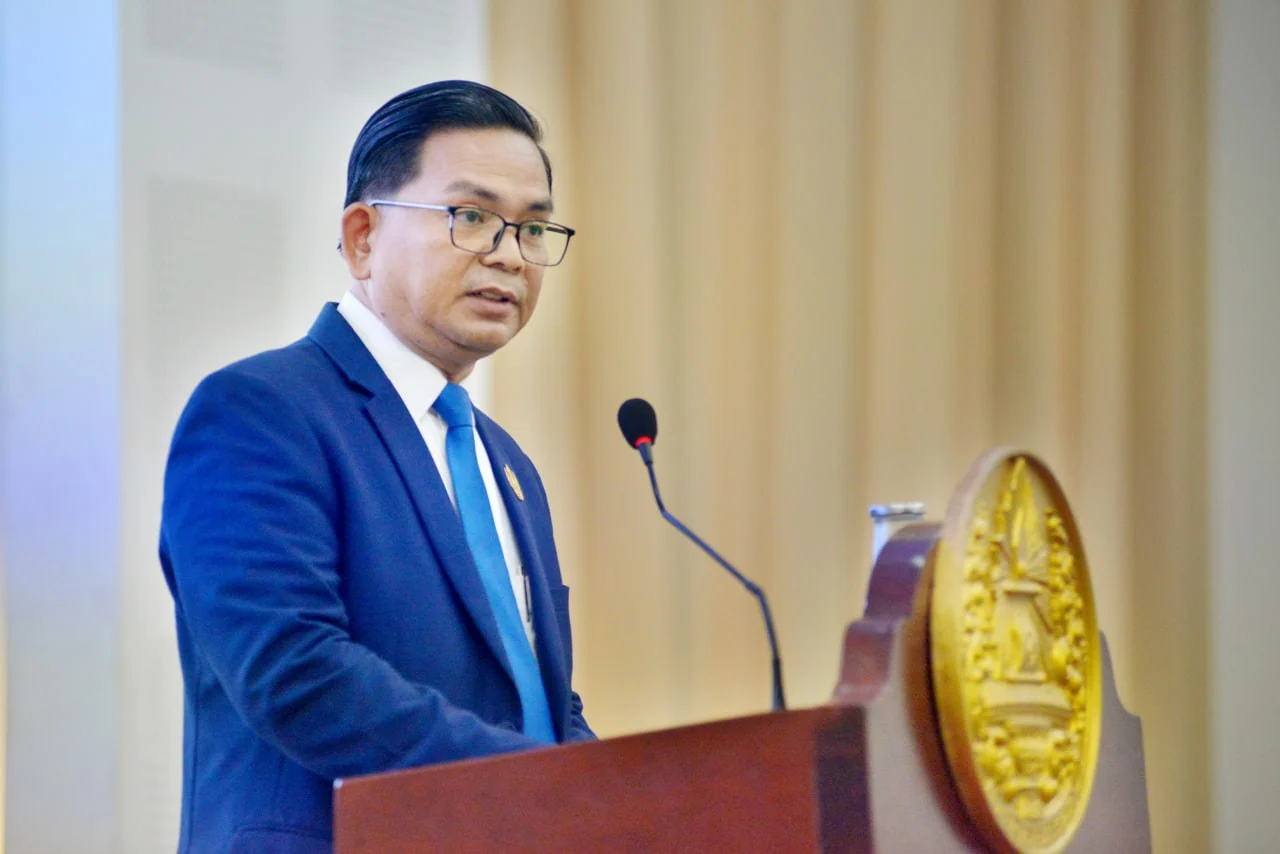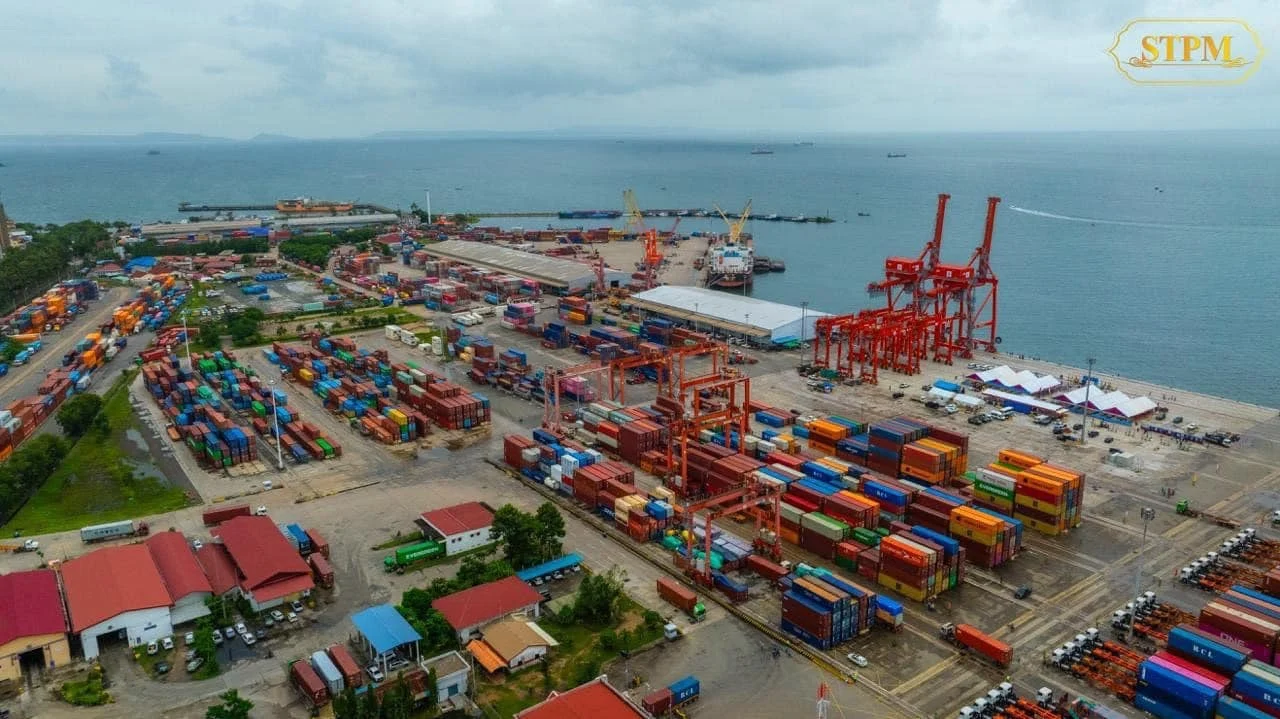Prime Minister Hun Manet has unequivocally asserted Cambodia’s robust self-reliance and comprehensive capability to easily withstand any external threats, whether military or economic in nature. The head of the Royal Government made this significant declaration during the 20th National Fish Day celebration, held on July 1st at Boeung Tonle Bati in Bati district, Takeo province.
The Prime Minister underscored that Cambodia’s profound sense of self-mastery and independence is a direct result of meticulously crafted and correctly implemented policies spanning many years. A cornerstone of these policies has been the steadfast commitment to ensuring enduring peace and robust political stability across the nation.
Over the past several years, Cambodia has diligently pursued an intensive strategy to strengthen its national capacities across various crucial sectors. This includes significant investments and reforms in education, healthcare, and the enhancement of vital infrastructure such as water supply, road networks, electricity, and internet technology. Furthermore, efforts have been extended to numerous other sectors, encompassing both public and private spheres, all contributing to the nation’s overall resilience and independent standing.
Prime Minister Hun Manet elaborated on how these strategic national investments empower Cambodia to readily counter various attempts and threats. He specifically cited examples such as threats involving armed force, legal challenges, and particularly economic pressures. He dismissed notions of external powers being able to halt trade, cut off essential resources like oil, or disrupt vital services such as electricity and internet connectivity, which some might hope would destabilize the country. “These attempts cannot succeed,” he affirmed, “because our policies, developed over decades, have focused on self-reliance and building our own capabilities. Therefore, no one can look down on Cambodia.”
The Prime Minister also highlighted the pivotal role of the ‘Win-Win Policy,’ stating that without it, Cambodia would not possess its current formidable strength. He explained that this policy was instrumental in transforming the western regions of the country, including provinces like Pursat, Battambang, Banteay Meanchey, and Pailin, from former conflict zones into vibrant areas of development. These regions have since seen significant advancements in agriculture, infrastructure, and now serve as flourishing communities where citizens thrive.
To further accelerate progress and foster greater prosperity in these western areas, Prime Minister Hun Manet issued a directive to the policy committee. The directive calls for the formulation of new policies specifically aimed at boosting and intensifying the development of agro-industry and general industry within Cambodia’s western provinces.
Addressing the agricultural sector, the head of government emphasized that while Cambodia cannot isolate itself from trade relations with other countries, including its neighbors, it is imperative for the nation to redouble its efforts in strengthening domestic capacities. This is crucial for ensuring national food security and bolstering the internal supply of key agricultural products, thereby reducing reliance on imports. He further stressed the importance of diversifying markets and forging new partnerships to cultivate self-sufficiency, enabling the nation to ‘breathe on its own’ rather than depending on external lifelines.
“In agricultural matters, Cambodia cannot sever trade ties with neighboring countries,” Prime Minister Hun Manet stated firmly. “However, Cambodia must diversify its partners. This way, if issues arise in one area, we are not left vulnerable. We must not borrow breath from others. We must breathe much on our own, combined with securing many partners to ensure our stability.”
